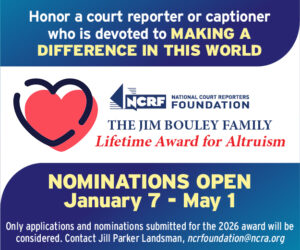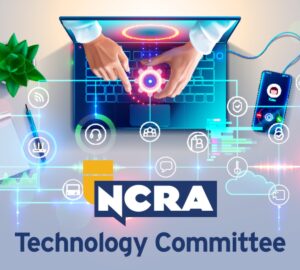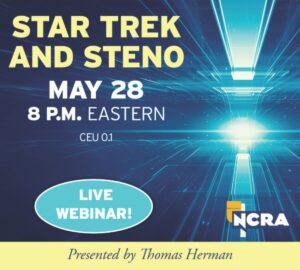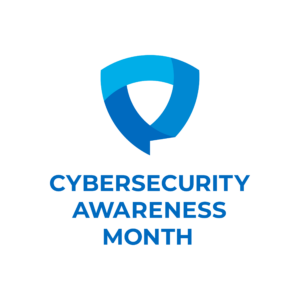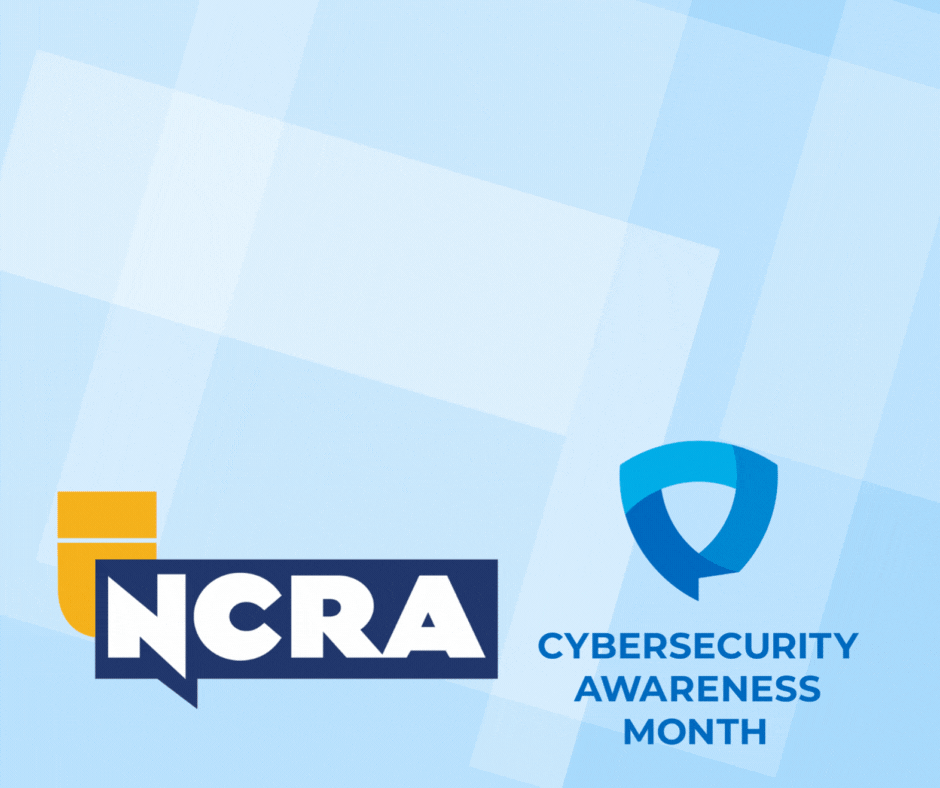By Hector Cordova
Back in March this year I saw a ban on AI-enhanced video evidence by a Washington state judge (King County Superior Court Judge Leroy McCullough), and the debate it sparked. AI (artificial intelligence) technology is advancing rapidly, and its potential applications in the legal sector are becoming increasingly apparent. But there’s a catch.
The admissibility of AI-edited content as evidence remains a contentious issue. AI-powered tools for upscaling photos and videos have gained popularity, producing visually stunning results. However, their application in legal settings presents significant challenges due to the technical functioning of AI visual enhancement.
Here’s the problem: AI image and video generators employ a diffusion model, essentially redrawing the original content from memory pixel-by-pixel. This process generates entirely new pixels, potentially enhancing visual quality but raising concerns about the authenticity and reliability of the resulting evidence. Why? Because the AI-generated video is an entirely new video based on the original, but a new video, nonetheless.
In the Washington case, the defense sought to introduce AI-enhanced cellphone video. But a forensic video analyst found that the enhanced version contained visual data not present in the original while some original data had disappeared. This discrepancy highlights the potential for AI-enhanced evidence to misrepresent events and mislead juries.
As AI technology integrates with the legal sector, legal professionals must carefully consider the implications of admitting AI-edited content as evidence. The integrity of the justice system relies on the accuracy and reliability of evidence presented in court. In the coming years, we can expect significant developments in this space as guidelines emerge to ensure that the use of AI in legal proceedings does not compromise the fairness and impartiality of the justice system.
The bottom line? Proceed with caution when it comes to AI-enhanced evidence in the courtroom.
Hector Cordova, CLVS, is a videographer from Orlando, Fla. He currently serves on NCRA’s Technology Committee and the Certified Legal Videographer Council. He can be reached at hector@alitigate.com.


